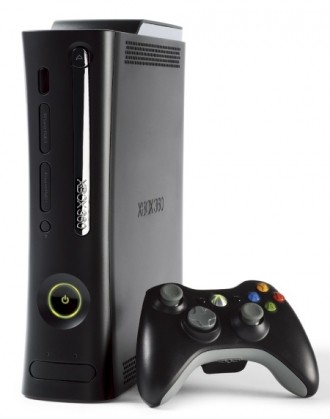Microsoft has suffered a setback in a dispute with Motorola over patents involving technology in the Xbox 360. In a preliminary ruling Monday, US ITC Judge David Shaw found that Microsoft is infringing on four of the five patents in question. A six-member commission will review Shaw's decision and a final ruling is expected in August. Though unlikely, one outcome could see Microsoft's offending products banned in the US. Motorola seeks this action, but it's mostly viewed as an attempt to gain leverage.
Two of the patents involve Wi-Fi, two cover H.264 video, and one describes communication between consoles and accessories (5,319,712, 5,357,571, 6,069,896, 6,980,596 and 7,162,094). Shaw determined that one of the Wi-Fi patents isn't being infringed. Three of them are governed by fair, reasonable, and non-discriminatory (FRAND) terms, a standard that strives to prevent licensing abuse. The rule set isn't working so well in this situation, as Motorola wants Microsoft to pay ~$4 billion for using patents.
Similar cases are ongoing between the two companies in other jurisdictions. In February, Microsoft claimed that Motorola and Google are trying to "kill video on the Web." In that case, Microsoft filed a complaint against Motorola in the EU, alleging that the mobile company violated its oath to offer 50 H.264 patents in a FRAND-complaint way. Motorola demanded 2.25% against the price of products using H.264, or about 1,000 times more than Microsoft pays to use 2,300 H.264 patents from 29 other companies.
"Motorola is demanding that Microsoft take its products off the market, or else remove their standards-based ability to play video and connect wirelessly. The only basis for these actions is that these products implement industry standards, on which Motorola claims patents. Yet when the industry adopted these standards, we all were counting on Motorola and every contributor to live up to their promises," Microsoft wrote at the time. "If every firm priced its standard essential patents like Motorola, the cost of the patents would be greater than all the other costs combined in making PCs, tablets, [and] smartphones."
